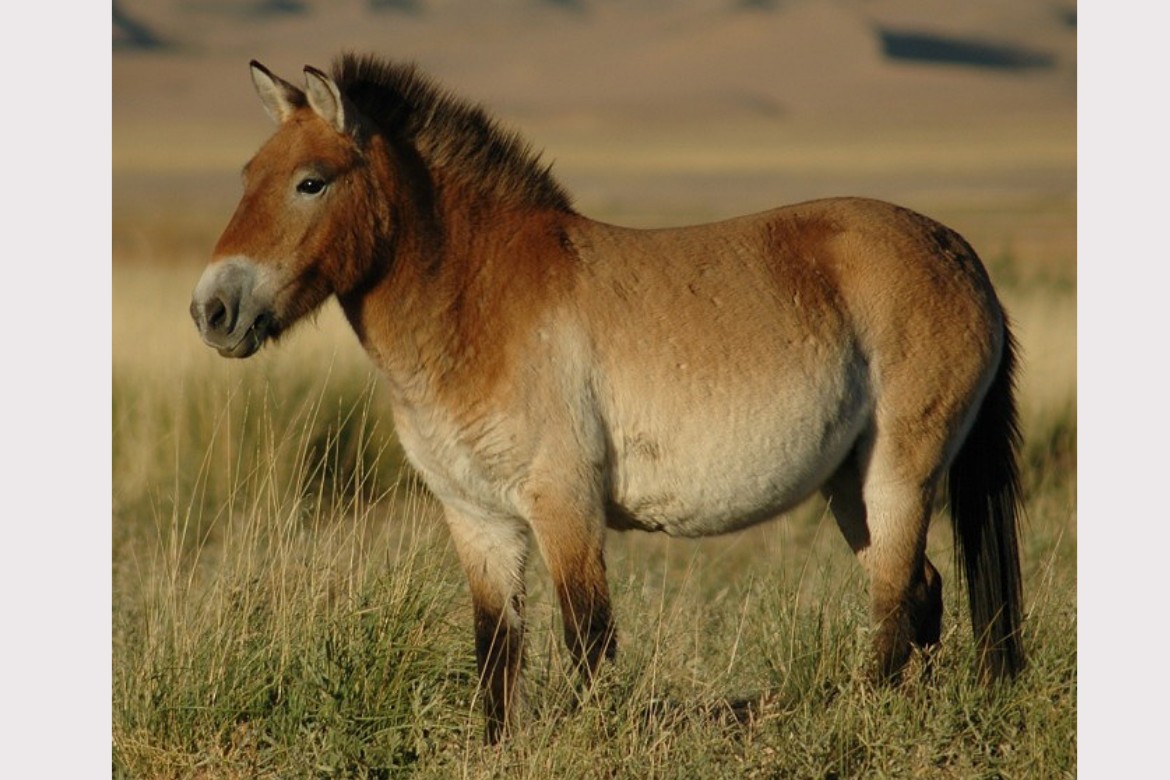
New results on the history of horse domestication were published in the current issue of Acta Archaeologica Hungaricae in late 2025. The results confirm that an early horse lineage—widespread prior to the emergence of modern domestic horses—survived into the Middle Bronze Age in the Carpathian Basin. The study was conducted as part of a joint research programme of the ELTE RCH Institute of Archaeogenomics and the MTA–ELTE RCH Momentum BASES Research Group, which investigates the history of horses in the 3rd and 2nd millennia BCE.
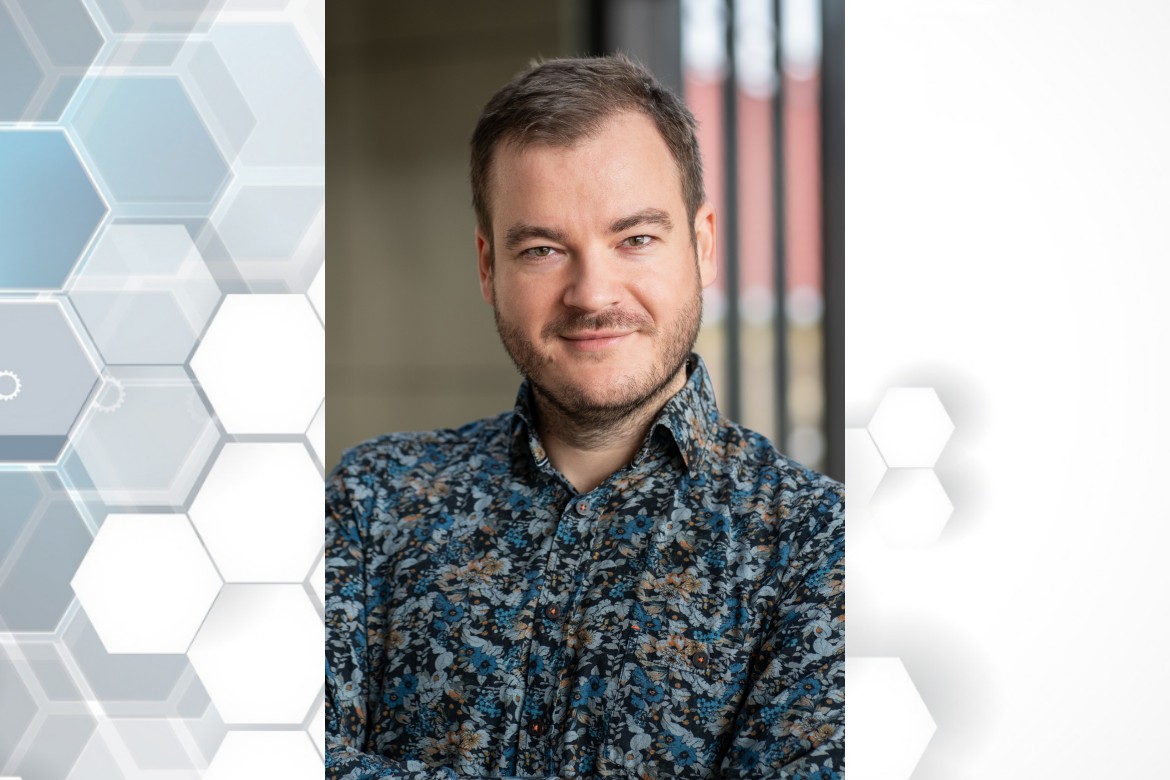
This year, among the nominees from Hungary, Dániel Gerber, a research fellow at our institute, received the Danubius Young Scientist Award, an honor granted by the Vienna-based Institute for the Danube Region and Central Europe (IDM) and the Austrian Federal Ministry for Women, Science and Research.

In 2003, the graves of 11 individuals from the Early Bronze Age were found in two grave groups at the Balatonkeresztúr-Réti-dűlő site during excavations along the route of motorway M7 in Hungary. One of these graves (no. 13) belonged to a woman aged 35–45 at the time of her death. Her skull was preserved in very good condition, providing the basis for the first facial reconstruction of a Bronze Age woman in Hungary, completed in 2022.
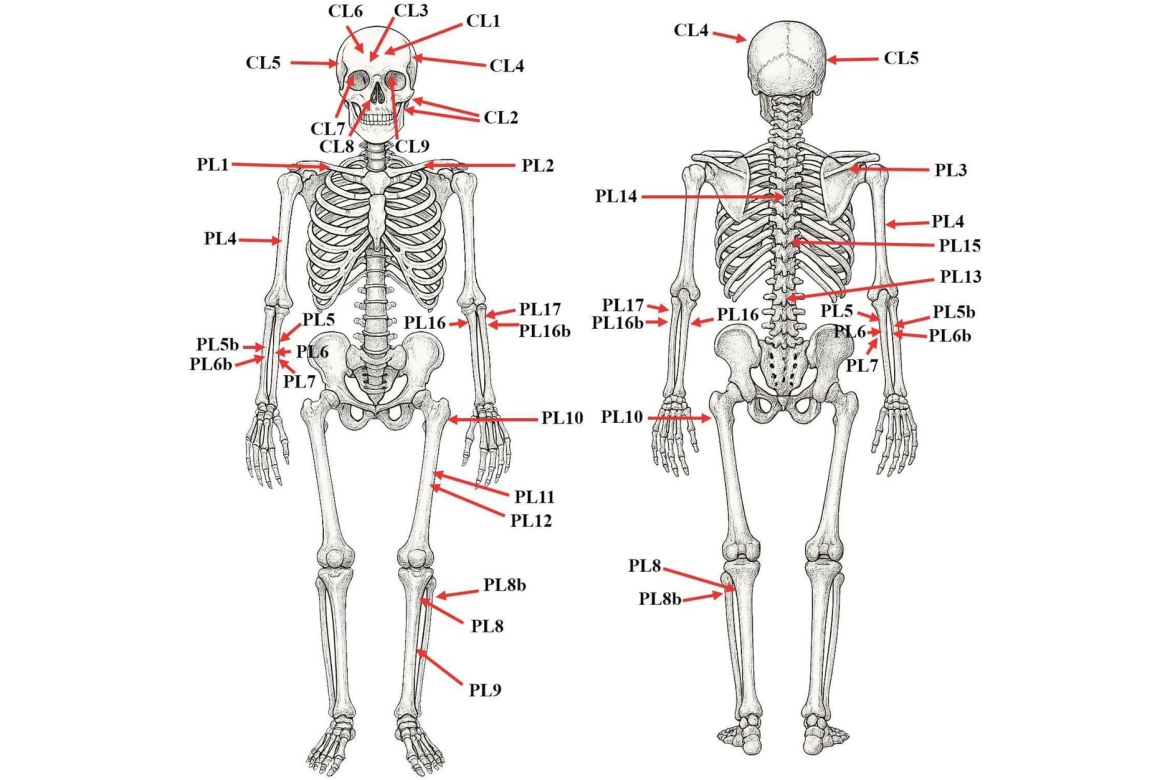
An international project led by Hungarian researchers has successfully identified the remains of Duke Béla, the Ban of Macsó, a member of the Árpád and Rurik dynasties. During the research coordinated by Tamás Hajdu (Department of Anthropology, Faculty of Sciences, Eötvös Loránd University (ELTE TTK)), Anna Szécsényi-Nagy and Noémi Borbély from the Institute of Archaeogenomics, ELTE RCH were responsible for the genetic analyses. The investigations have answered a century-old archaeological question. The results clearly illustrate how effectively historical data can be verified and past violent deaths can be reconstructed in unprecedented detail through the cooperation of the humanities and the natural sciences. The new study has been published in the prestigious forensic journal Forensic Science International: Genetics.
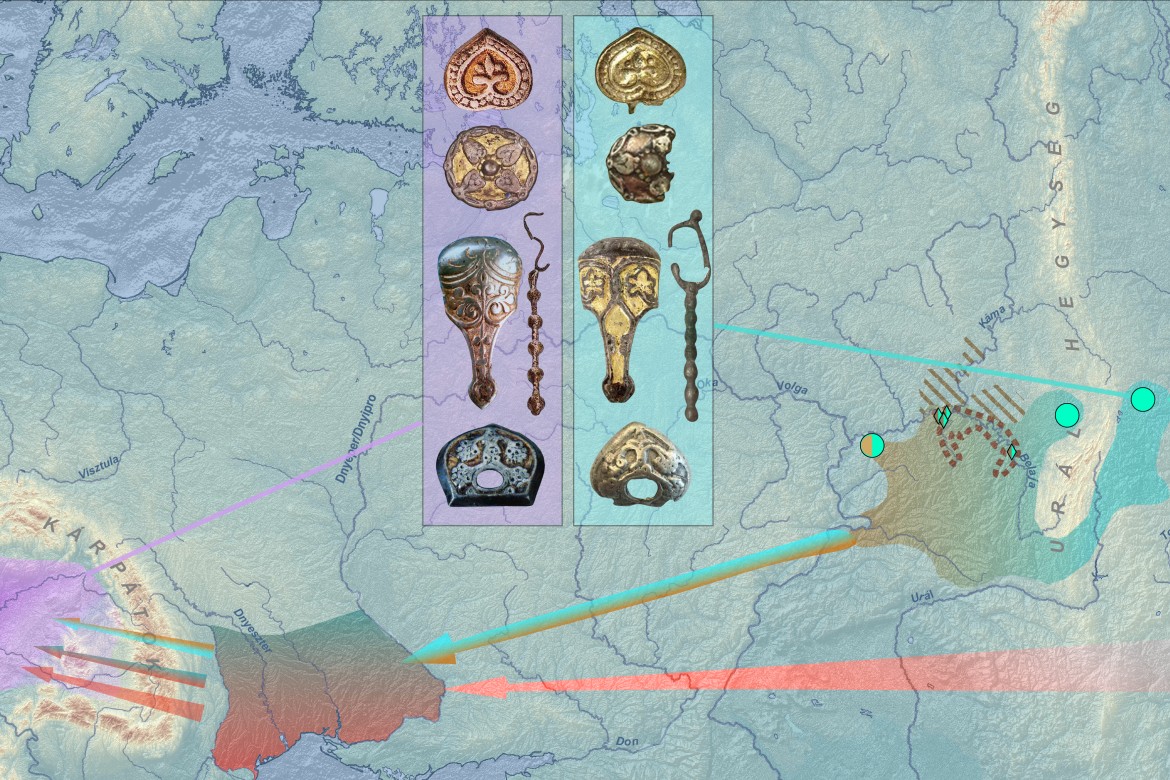
A landmark study has recently been published in the prestigious journal Cell. In an international collaboration, the Institute of Archaeogenomics at the ELTE Research Centre for the Humanities (RCH IAG) analysed 120 ancient genomes (complete sets of human genetic information) from the region between Western Siberia and the Volga River. This area had not been previously explored genetically; at the same time, it is of great historical, linguistic, and archaeological importance for understanding the origins and early history of the Hungarians. The study focused on the genetic connections of communities living in and around the Southern Ural Mountains. Using groundbreaking genetic data from the Late Iron Age and Early Middle Ages (300–1000 CE), the researchers identified one of the most significant genetic sources of the Hungarians (Magyars) newly settled in the Carpathian Basin, alongside evidence of continuity in some Uralian populations.
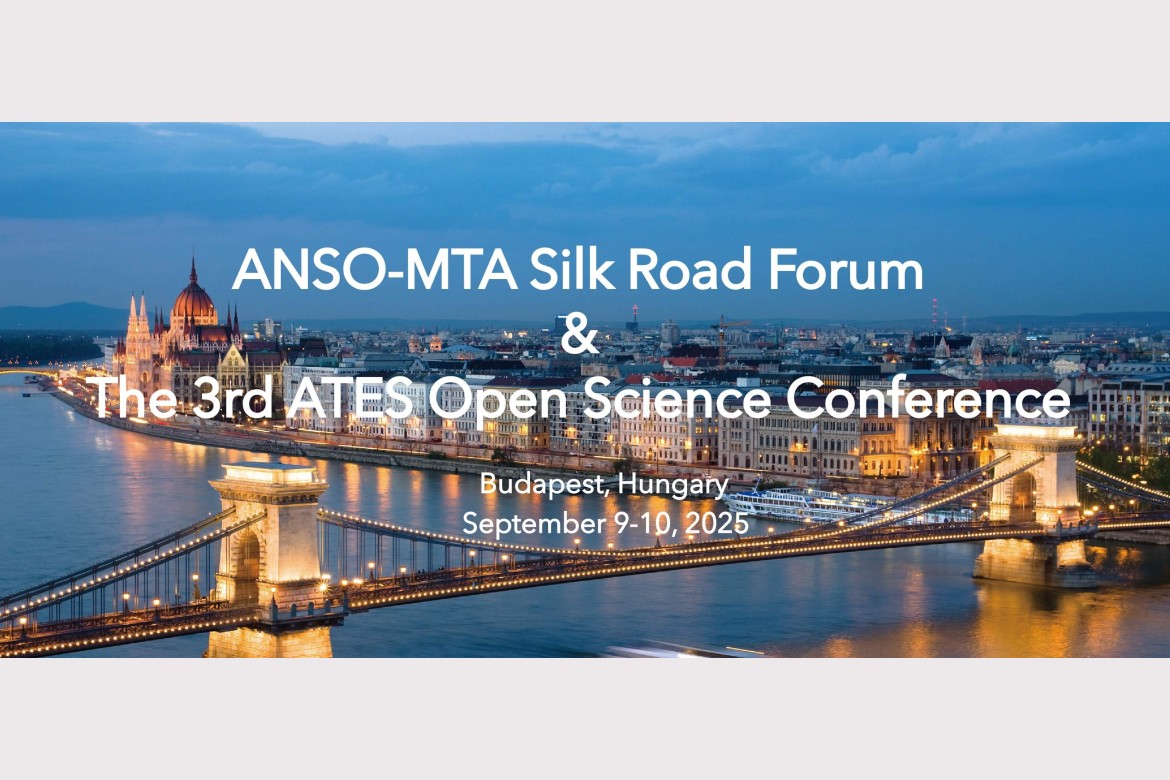
The ANSO-MTA Silk Road Forum and the 3rd ATES Open Science Conference is held in Budapest between 9–10 September 2025, organised by the Alliance of National and International Science Organizations for the Belt and Road Regions (ANSO) and the Association for Trans-Eurasia Exchange and Silk-Road Civilization Development (ATES), in cooperation with the Hungarian Academy of Sciences (MTA) and the ELTE Research Centre for the Humanities.
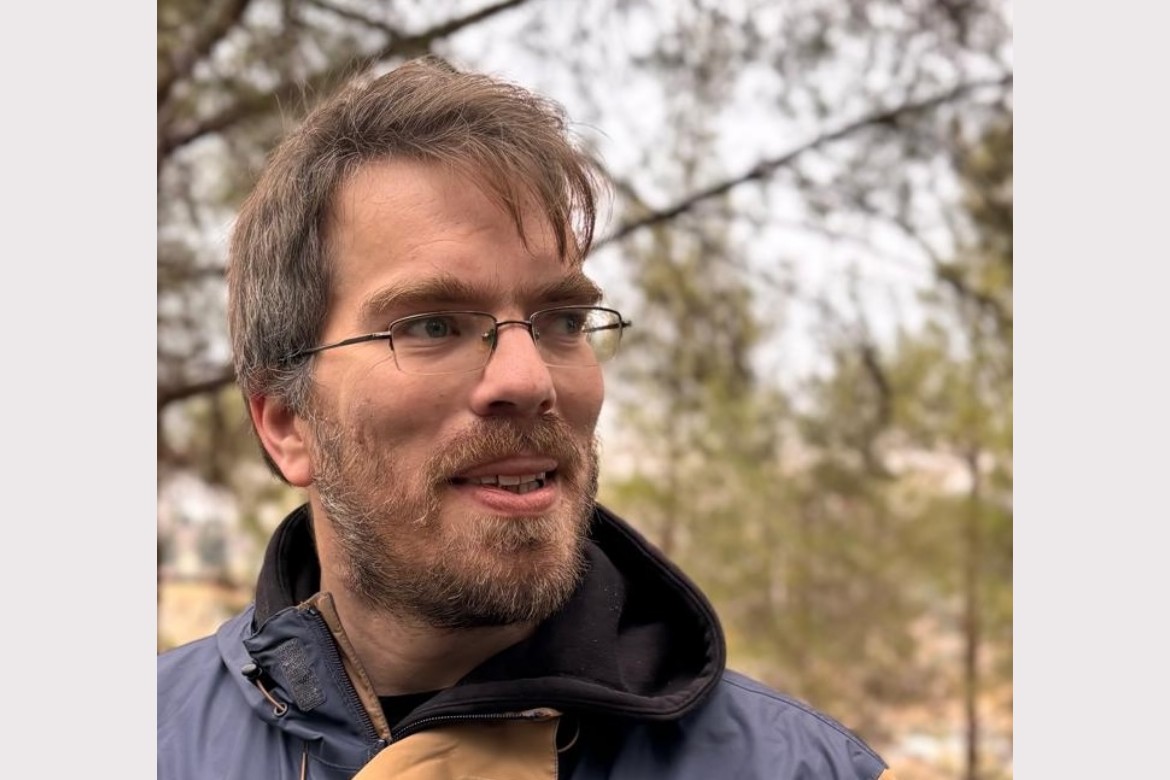
Molecular biologist Chen Kozulin will begin work as a member of the MTA-RCH Momentum Bioarchaeolgy Research Group in January 2026, after successfully applying for the Momentum MSCA Postdoctoral Fellowship Programme. Bringing expertise with cutting-edge molecular biology technologies and biomedical industry experience, Chen’s next challenge will venture into the realm of complex bioinformatic analyses.
More Articles …
- Our colleagues at the 11th ISBA conference in Torino
- Uncovering the organisation and transformation of prehistoric communities with the toolkit of genetics – New results from an international study on the Late Neolithic and Copper Age have been published in Nature Communications
- The second volume of Confinia et Horizontes, published in January 2025, includes a summary of Anna Szécsényi-Nagy’s doctoral dissertation
- Millennia of biological continuity in Persian Plateau human populations despite drastic political events and external contacts – A new international collaborative study from our Institute
Page 1 of 8



